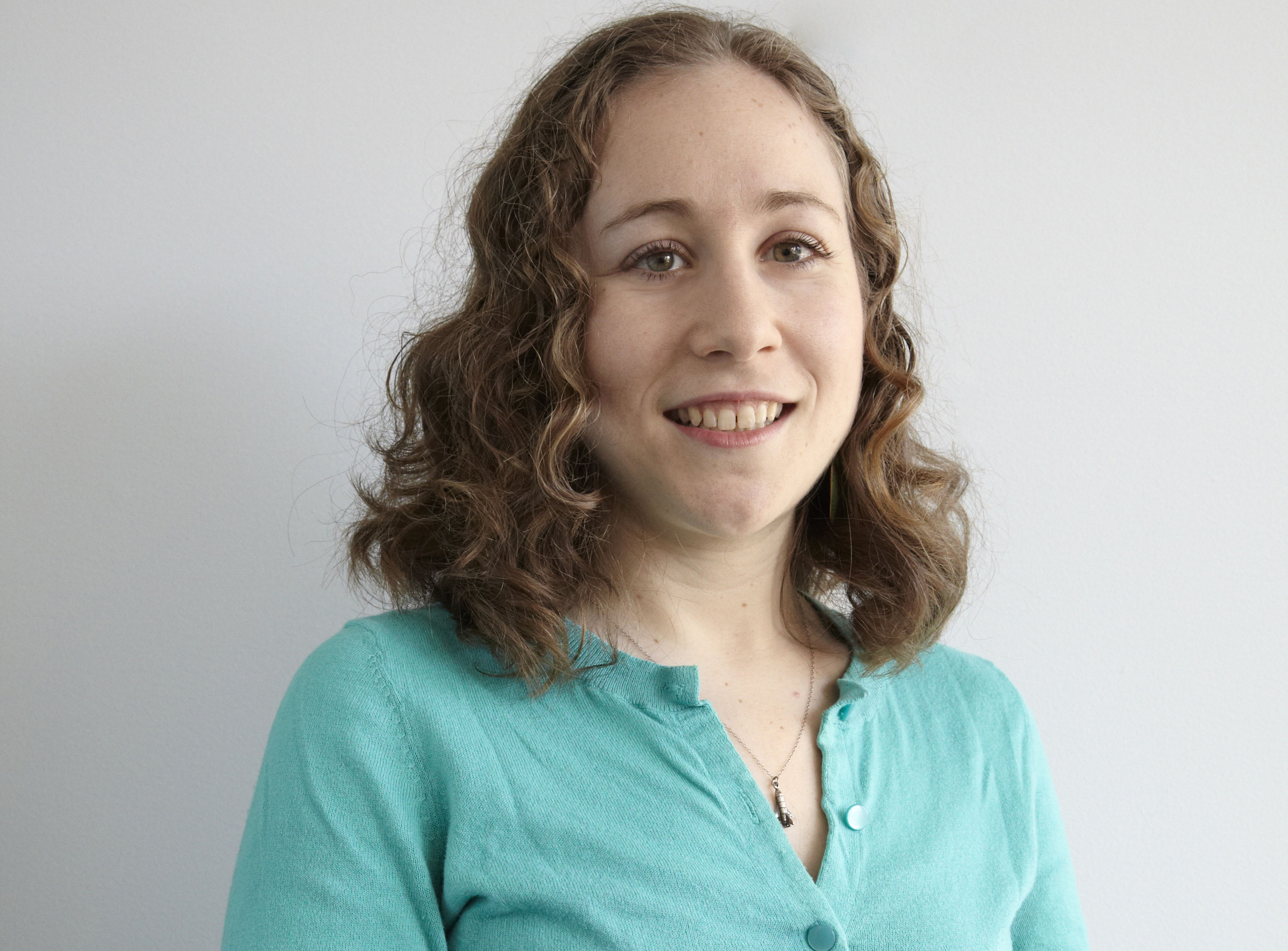Swine Flu Vaccine Could Take 6 Months
A vaccine for the new swine flu in humans could take at least six months to manufacture and distribute widely, a British doctor said.
The reason: Vaccines must be developed from the specific flu strain, tested for safety, sent to manufacturers for mass production, and then distributed around the world. By the time this is done, the first wave of a pandemic flu might already be over, said Iain Stephenson, a doctor in the Infectious Diseases Unit of the Leicester Royal Infirmary in England.
Scientists do not know if the current swine flu outbreak originating in Mexico will become a pandemic. But health officials in the United States and around the world have already taken emergency steps to thwart the virus' spread out of concern it could go global in a deadlier fashion.
Stephenson and colleagues recently completed a study testing ways to shorten this lag time between the start of a pandemic influenza virus, and widespread administration of a vaccine.
The researchers found that if many people received a "pre-pandemic" vaccine ahead of time, containing some of the most likely flu strains to become pandemic, many of the worst effects could be reduced if an outbreak does hit.
The study, detailed in this week's issue of the journal Proceedings of the National Academy of Sciences, tested a vaccine of bird flu virus, which until recently was considered the gravest threat for a large pandemic.
The researchers tested people who had received a bird flu vaccine between seven and eight years ago. Those people's bodies still retained very good cell memories of how to fight the disease years later. Compared to people who had not had the initial vaccine, they were more resistant, and a simple booster update would be all that's needed to protect them completely if those strains of the virus did become pandemic. In contrast, people who had not received the pre-pandemic vaccine needed two doses to be protected from the virus.
Get the world’s most fascinating discoveries delivered straight to your inbox.
"You could potentially vaccinate people today so that in the future if something happens people would already have some memory and protection," Stephenson told LiveScience. "We could think about potentially starting to vaccinate those people who would be at highest risk."
The trouble with preparing a vaccine ahead of time is the need to predict which virus strains will become the biggest threats. Until swine flu came along this week, bird flu had been on the top of most doctors' minds as the next big threat.
"This demonstrates how unpredictable influenza really is," Stephenson said. "The problem with the pandemic viruses is that they're quite different from each other. You can't stockpile everything. You have to focus on what seems to be the most likely threats, and this one's appeared as a surprise."
Universal vaccine?
Some scientists pin their hopes on a universal influenza vaccine that could protect against many or all possible future flu pandemics. So far, that has proven quite challenging, though.
"A universal influenza vaccine has been talked about for years, but because influenza adapts and changes and there are different types, it's very hard to come up with components," Stephenson said.
Another study announced this week suggests that the quest for a universal vaccine may be a step closer.
Robert Belshe, director of the Saint Louis University Center for Vaccine Development, and colleagues tested a vaccine prototype called Bivalent Influenza Peptide Conjugate Vaccine (BIPCV) that treats some strains of influenza viruses A and B (swine flu is an A-type virus). The researchers found that this vaccine was well-tolerated and safe among most of the 377 adult human test subjects, and provided an immune response on par with levels that protect small animals infected with influenza from serious disease and death.
"This is a significant first step in developing a universal vaccine to help protect against pandemic influenza," Belshe said. He presented his findings today at the National Foundation for Infectious Disease Conference for Vaccine Research in Baltimore.
- Outbreak Like Mexican Swine Flu Predicted 14 Months Ago
- Video: The Challenge of Making Flu Vaccines
- More Flu News & Information
{{ video="LS_090428_pandemic" title="The Truth about Pandemics " caption="Dr. Marc Siegel explains why the term pandemic often inspires more fear than it should, how the media plays on fears, and how governments often make wrong and costly moves." }}
 Live Science Plus
Live Science Plus






